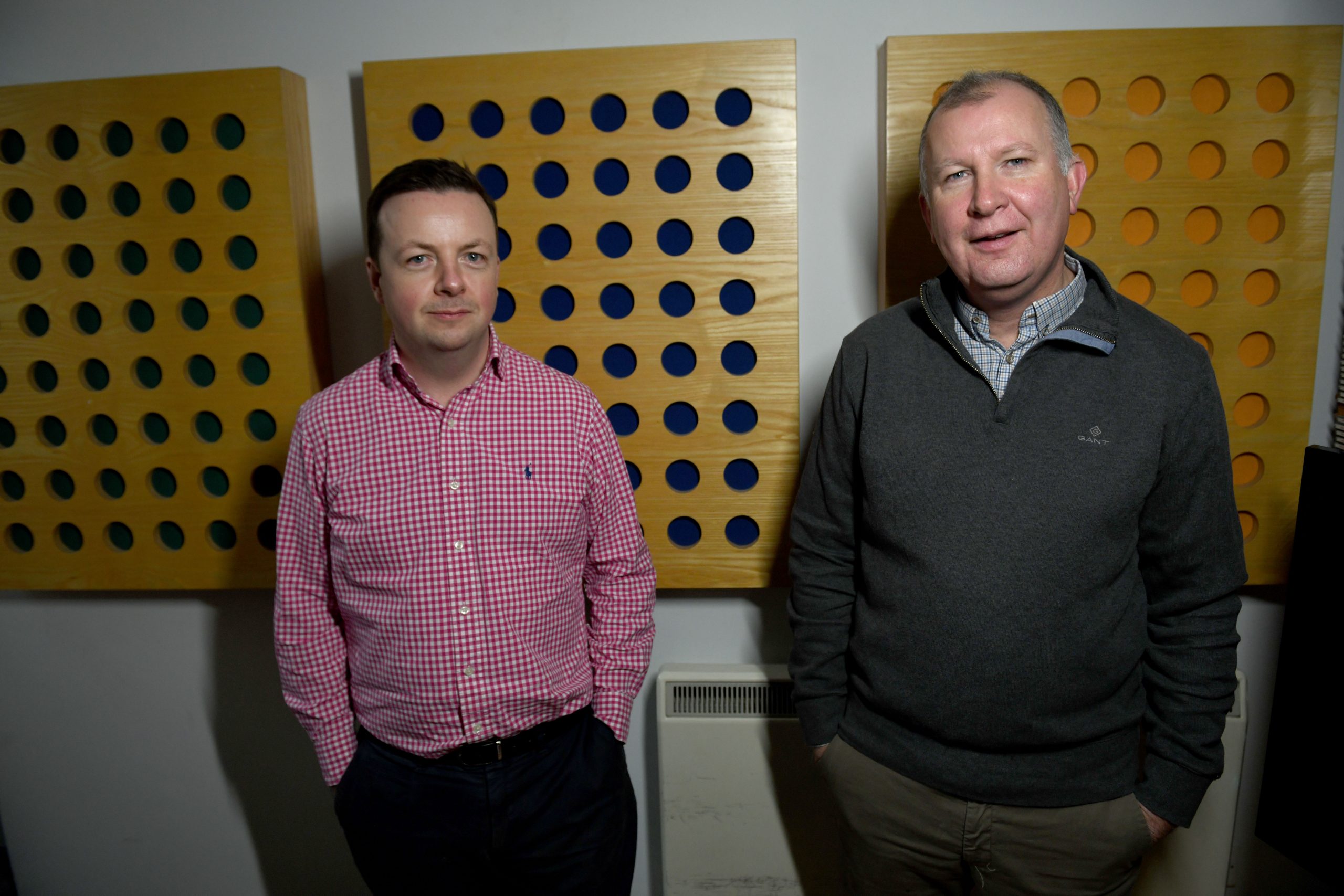For those of us in Irish satire, Dermot Morgan remains the grandaddy of the profession, and his defining creation was not Fr Ted, but Charlie Haughey. Morgan’s Haughey impression was so perfect and powerful, it is his voice we hear when we think of our most memorable Taoiseach now, instead of CJ’s actual tones. The voice in your head is probably already growling “Maaaara” as you read this. Dermot Morgan’s killer caricature also managed to do more journalism on Haughey while he was in office than most of the media put together. Scrap Saturday referred to Terry Keane’s problematic relationship…
Cancel at any time. Are you already a member? Log in here.
Want to read the full story?
Unlock this article – and everything else on The Currency – with an annual membership and receive a free Samsonite Upscape suitcase, retailing at €235, delivered to your door.

